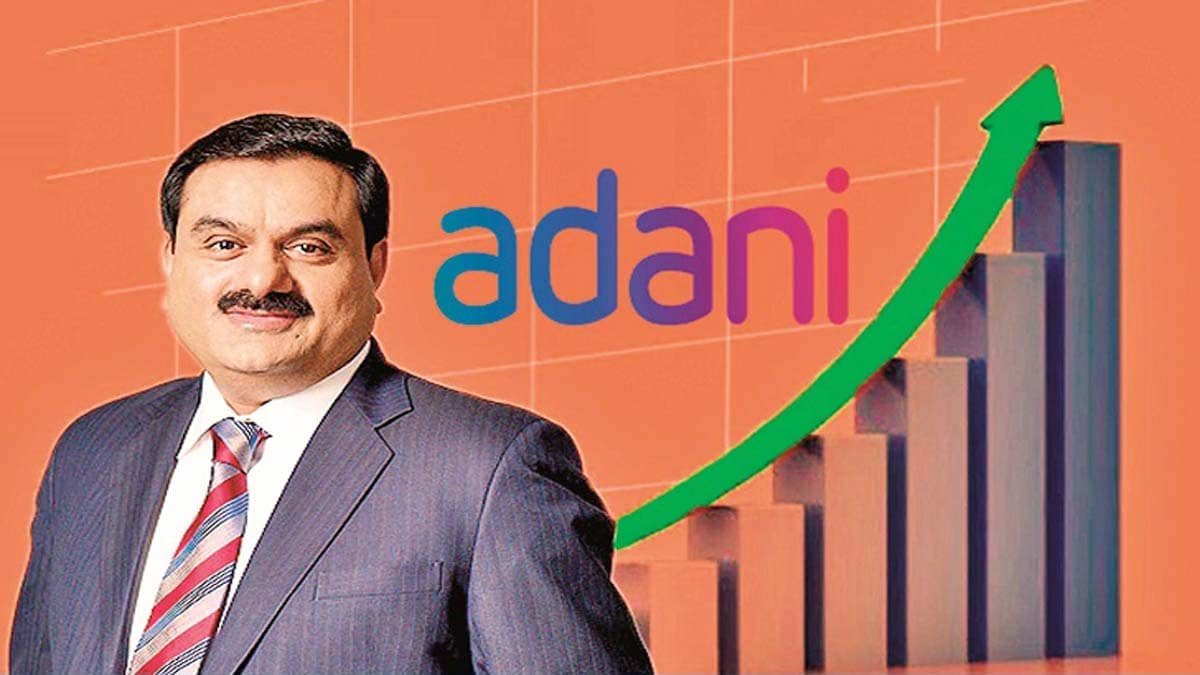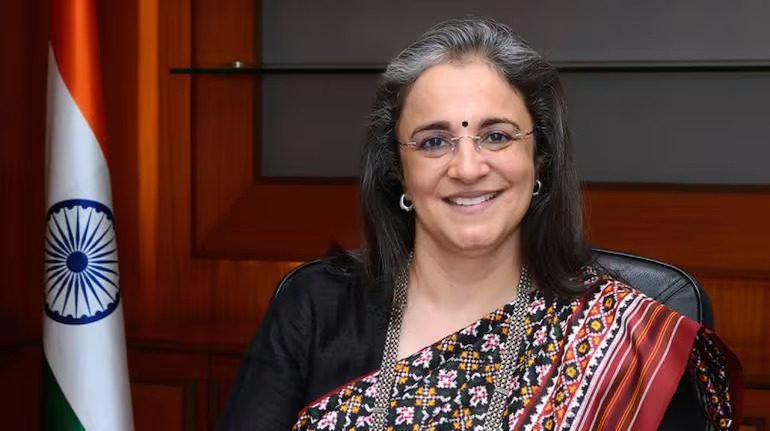Two months after publishing an explosive report about Gautam Adani’s acquiring conglomerate, Hindenburg Research has caused the Indian billionaire’s empire to be humbled and rethink its goals.
Since January, Hindenburg’s claims of widespread, years-long corporate fraud at the Adani Group have cost the company’s market value about $125 billion. This has caused the tycoon to slow down plans to expand into new areas, according to people who know how the company works.
The group, which has one of India’s highest debt loads in order to fund new growth areas, is pulling back from petrochemicals and is unlikely to move forward with a planned $4 billion greenfield coal-to-polyvinyl chloride project in Mundra, western India, said the people, who asked not to be named because the talks are private.
People say that it is also pulling back on plans to do more aluminium, steel, and road projects.
Instead, Adani, who has worked closely with Indian Prime Minister Narendra Modi to build up the country, will turn his attention back to his main projects. People say that they include power generation, ports, and more recent green energy projects.
Even in these most important areas, the billionaire will act in a very different way. People say that Adani plans to avoid this kind of high-risk financing in the future. This is because the company sold family shares to pay off $2.15 billion in margin-linked, share-backed funding that was used to pay for a number of acquisitions.
They said that Adani will stick to methods like selling private bonds and equity stakes to specific investors, like selling shares to Rajiv Jain’s GQG Partners, to raise money in a way that protects the empire from changes in the market.
It’s a big change from 2022, when Adani’s fame and wealth went through the roof. At one point, the former diamond trader was the richest person in Asia, and his investments went far beyond the heavy infrastructure bets he was known for. He invested in media, women’s cricket, and data centres, among other things. Putting debt-driven diversification on hold is now seen as the key to restoring confidence. The group recently bought a controlling stake in the TV channel New Delhi Television Ltd. as the first step in building what the tycoon at the time called “the Financial Times or Al-Jazeera of India.” However, people who know Adani’s plans say that the company is unlikely to make any more purchases in the media space.
Michael Kugelman, director of the South Asia Institute at the Wilson Center in Washington, DC, said, “There are good reasons to think the company will pull back a bit to focus on damage control and other shareholder and investor concerns.” “Reputational considerations are critical.”
Adani has denied all of Hindenburg’s claims and called them an attack on India. Representatives for the group didn’t respond to a request for comment. Last week, Adani Group said it expects funding for the greenfield coal-to-polyvinyl chloride project to be arranged in the next six months. This contradicts a recent report in local media that the project had stalled.
The internal accounting comes after the Adani Group took a number of steps to make investors feel better. In the days after the Hindenburg report, the conglomerate cancelled a share sale and then paid off $2.15 billion of debt to stop a huge drop in the value of its Mumbai-listed units. It also went on a six-city roadshow to refute the short seller’s claims and sold shares in four companies to a top emerging-markets investor, GQG Partners.
Some of its major partners are scared off by the turmoil. Paris-based TotalEnergies SE has already put a green hydrogen partnership project with the group on hold. In February, Adani also dropped plans to buy a coal mine in central India and has decided not to bid for a stake in state-backed electricity trader PTC India Ltd. This is a highly symbolic retreat, given how invested the group has been in developing India’s electricity market.
Adani has tied his businesses to Modi’s development plans for years. Many people think he has a cosy relationship with India’s prime minister, which has led to accusations of crony capitalism. After Hindenburg’s report, the billionaire has come under even more political attack.
The short seller’s claims have opened up the debate about Adani’s relationship with Modi and the government. The opposition Congress Party says the tycoon got special treatment from the government. In a shocking move, Congress leader Rahul Gandhi was removed as a lawmaker last week because he talked about Adani’s relationship with Modi.
Gandhi, a member of India’s most famous political family, was kicked out of parliament on Friday after a local court found him guilty of slandering Modi during an election speech in 2019. Modi’s ruling Bharatiya Janata Party said the law is the same for everyone and Gandhi must face the consequences.
Adani, on the other hand, has always said that his relationship with the prime minister hasn’t given him any special treatment.
“Short-Term Memory”
People say that Adani executives have been flying from the company’s headquarters in Ahmedabad to Dubai, London, and New York on a regular basis to meet with about 100 investors each month and persuade them that the company is on the right track. This is part of an effort to get the word out that the company is turning around.
People say that Adani Group’s efforts to reduce its debt will bring its net debt to earnings before interest, taxes, depreciation, and amortisation (EBITDA) ratio down to as low as 2.5 from its current level of 3.1. This will force the company to make some hard choices.
Adani’s ports handle about a quarter of India’s cargo volume, and the group has expanded overseas from Israel to Sri Lanka. However, Adani’s plans to halve capital spending and prepay 50 billion rupees ($608 million) of debt to ease concerns about refinancing “will hinder the company’s ability to boost earnings growth through infrastructure expansion and mergers and acquisitions,” an analyst at Bloomberg Intelligence wrote earlier this month.
Source: Team CurrencyVeda
It remains to be seen if putting limits on its goals makes a difference. Tuesday, shares of Adani Group fell after India’s Economic Times said the company is trying to change the terms of $4 billion in loans. This raised new concerns about the conglomerate’s ability to pay back its debt and get more money. A story on the business news website The Ken said that regulatory filings showed that banks have not yet released a big chunk of Gautam Adani’s shares. This made the losses even worse. The group denied both reports.
Credit ratings companies are keeping a close eye on what Adani does. This month, S&P Global Ratings gave a long list of reasons why the group’s ratings on Adani units have downside risks. These include the possibility that it won’t be able to get as much money and the chance that an investigation will find “serious wrongdoing.” India’s Supreme Court has set up a panel to look into Hindenburg’s claims.
Along with dramatically rising refinancing costs, public opinion is against Adani, and Abhishek Jain, head of research at Arihant Capital Markets Ltd. in Mumbai, who has advised clients on Adani-related stocks, said “the risk premium will definitely be higher.” “The group is doing everything they can to win back the trust of investors.”
This story has been published from a wire agency feed without modifications to the text. Only the headline has been changed.





